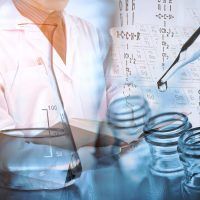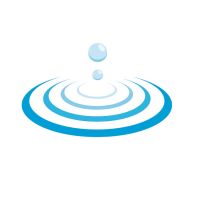Independent reports / validations
Environmental Impact


This 2011 study has shown Resomation (Resomeren as it is referred to in the Netherlands) to have the least impact on the environment over burial and flame cremation (Cremeren).
“TNO has compared three funeral techniques by means of a Life Cycle Assessment (LCA), in which all materials, emissions and waste streams are assessed through the whole process. In case of burial for example, the assessment begins at the production of the coffin and it ends at the removal phase, decades later. The environmental impact assessment includes18 environmental impact categories, amongst which climate change, toxicity and land and water use.”
Sterilisation Ability
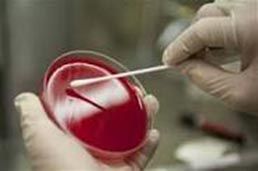
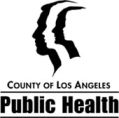
After the Resomator S750 was installed at UCLA in 2012 in the David Geffen School of Medicine’s Donated Body Program, the UCLA Environmental Health and Safety Unit and the California Department of Public Health, Sanitation Division performed a biological study of the process.
After completing and sending multiple biological spore test sterilisation samples to an independent testing agency for testing and analysis, the Resomator S750 was approved as a device for the sterilisation /disposition of Human Medical Waste by the California Department of Public Health. It was proven that the Resomator S750 destroys pathogens over 60,000 times greater than a hospital sterilising autoclave.
DNA Free
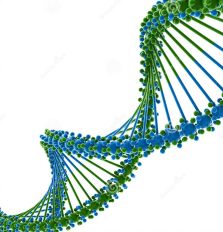
“DNA was not detected in the solution produced by Resomation. It is not possible to obtain even an incomplete SGM+ DNA profile for the solution produced by Resomation”
Water Authority Testing and Analysis
